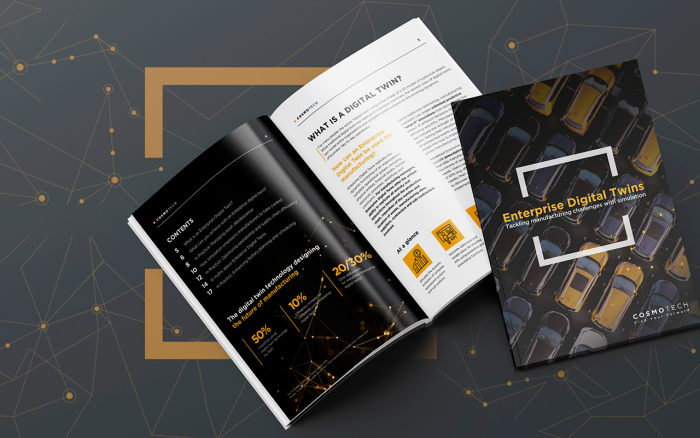When I was living in Silicon Valley there was a phrase I heard a lot: move fast and break things.
This was the mantra at some of the world’s biggest internet and technology companies. For years it was the motto for Facebook’s developer teams with CEO Mark Zuckerberg explaining that “the idea here is that as developers, moving quickly is so important that we were even willing to tolerate a few bugs in order to do it.”
Facebook eventually dropped the motto a couple of years ago but the idea behind the words stuck fast in the Valley and elsewhere. It was evident in Uber’s expansion of its rideshare business into cities without waiting for permits, in the explosion of Lime scooters onto the streets of San Francisco, and in the dozens of smartphone apps launched with not much more than a minimum viable concept but with teams ready to debug, pivot, and pivot again to find a market.
But while moving fast has some real virtue in a competitive business world, breaking things isn’t always the best way to grow a business or prove your value to investors, partners, and clients.
For a startup technology company, breaking too many things might just be your ticket to nowhere fast. You want to develop a reputation for building quality, not a reputation for building things that might be good if only someone would debug them.
That’s why instead of moving fast and breaking things, I encourage the Cosmo Tech team to move fast and build things.
Before I co-founded Cosmo Tech, I was an executive at Veolia, one of France’s largest companies and a leader in public services and utility provision worldwide. As Veolia’s Chief Scientist and Corporate VP for Strategic Intelligence and Innovation, I was responsible for both nurturing and then driving innovation efforts across the company. As part of my job I traveled the world to meet with teams and learn how their innovative approaches to different challenges might be applied in other arms of the business. An innovative approach in Mexico might be just the inspiration a team in France needed to move forward, and a challenge in the US might be overcome by new thinking out of the Middle East.
Yet some of the most significant innovation I helped to drive at Veolia actually didn’t come from Veolia at all. Instead, it was driven by collaboration between Veolia and smaller, more agile technology businesses. This sort of collaboration is called open innovation and it was key to helping Veolia bringing on board new ideas.
More Innovation for Less
In a recent article published by Forbes Adi Gaskell pointed to the advantages that open innovation efforts offer to large companies:
Rather than inventing the wheel from scratch and in house each time a company wants to improve a product, service or process, organizations are partnering with a wide range of external parties such as startups and independent software vendors to tap into their ideas, insights and solutions.
At Cosmo Tech we’ve experienced the benefits that flow to the startups from open innovation collaborations, too. We’ve worked with some of Europe’s largest businesses to help them with challenges that only our Augmented Intelligence platform can truly address.
We’ve benefited from their scale and their industry connections, and we’ve learnt so much about their challenges that we’ve developed real expertise of our own. At the same time, those businesses have been able to address the important challenges that they have been facing faster and more cost efficiently than they could have working on their own.
It’s a prototypical win-win business relationship and a clear means for small and large companies alike to move faster than they otherwise could alone, and build more than they otherwise could imagine.




